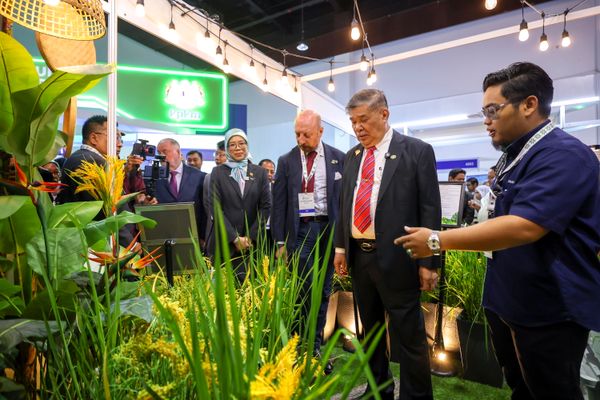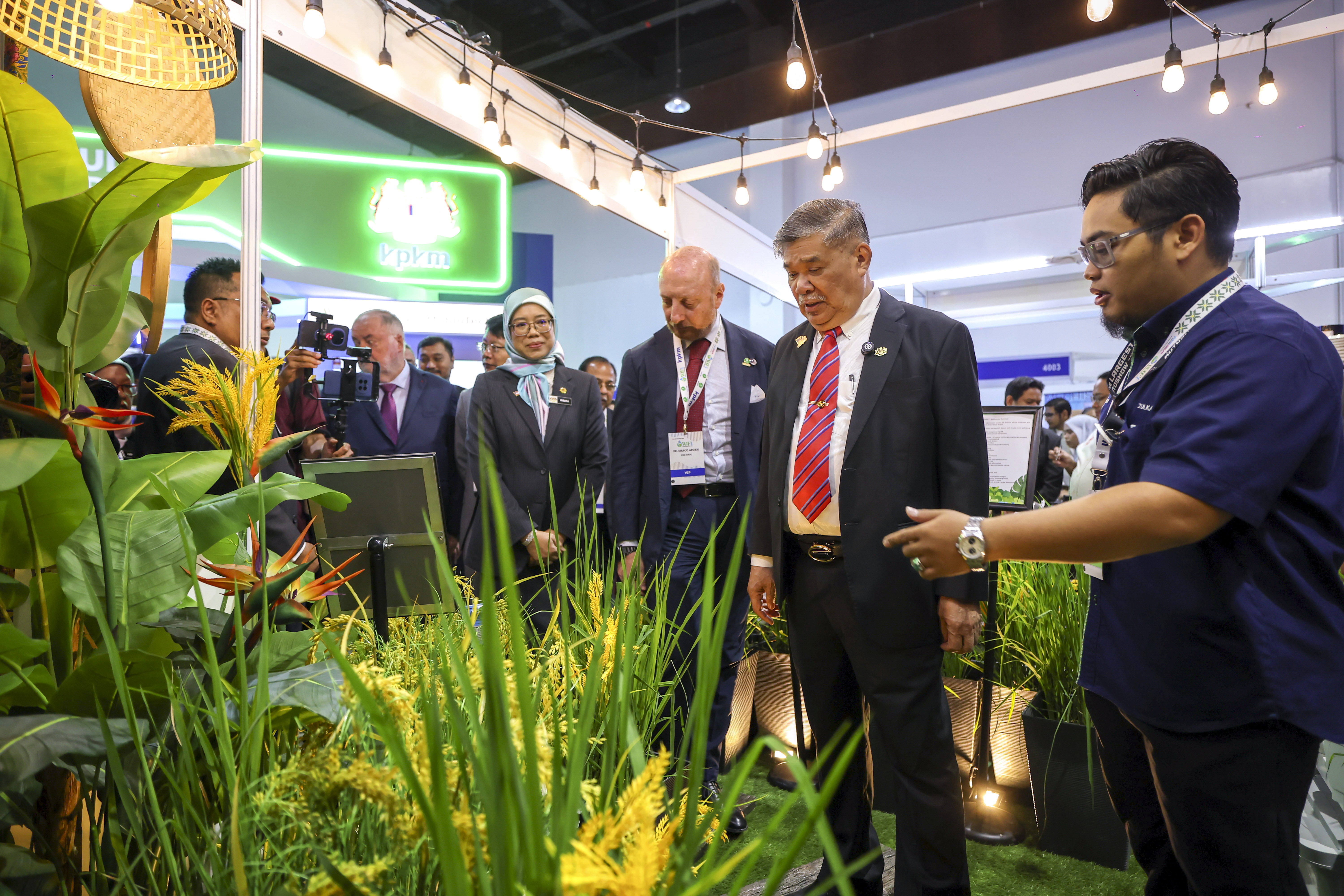KUALA LUMPUR, Sept 8 — Irrigation must be recognised as critical infrastructure for food security, peace and prosperity as it remains indispensable in the face of climate change and rising global demand for water.
Agriculture and Food Security Minister Datuk Seri Mohamad Sabu said irrigation is not an obsolete practice of the past but is at the very heart of the future.
“Consider this fact, just 20 per cent of the world’s cultivated land is irrigated, yet it produces 40 per cent of the world’s food.
“In the Quran, Allah reminds us in Surah Al-Anbiya: “And we made from water every living thing”. This eternal wisdom underlines the reality that water is not only the foundation of life, but also the foundation of security, prosperity, and peace,” he said.
Mohamad was speaking during the opening of the 4th World Irrigation Forum (WIF4), the 3rd High-Level Advisory Group Meeting, and the 76th International Executive Council Meeting today.
He also emphasised that Asean countries must strengthen cross-border cooperation in water management, invest in shared research, and harmonise standards in climate-smart irrigation to meet the growing demand for food in the region.
“Food security is a shared destiny. With a population of over 600 million people, our region faces rising food demand, water challenges in the Mekong and Chao Phraya basins, and the growing threat of climate shocks.
“Yet Asean also has enormous potential with nearly 90 million hectares of irrigated land, much of which can be modernised for efficiency,” Mohamad said.
Highlighting Malaysia’s domestic agenda, he said that under the National Agrofood Policy 2021-2030, the government is pursuing a bold strategy to enhance water resilience and productivity.
The minister noted that Malaysia is pursuing a bold agenda, including modernising 200,000 hectares of irrigated land with digital and smart systems, reducing non-revenue water losses by 15 per cent by 2030, and introducing Internet of Things-based monitoring.
This also includes drone technology and precision agriculture, and mainstreaming climate-smart irrigation practices.
On the global front, Mohamad stressed that irrigation is central to achieving the United Nations Sustainable Development Goals (SDGs), namely SDG 2: Zero Hunger, SDG 6: Clean Water and Sanitation, and SDG 13: Climate Action.
“Malaysia stands ready to work with the Food and Agriculture Organisation (FAO) of the United Nations and the World Bank and International Commission on Irrigation and Drainage (ICID) to ensure that irrigation is recognised as critical infrastructure for peace, prosperity, and resilience,” he said.
Malaysia’s hosting of WIF4 reflects the country’s commitment to reinforcing irrigation as strategic infrastructure for the future of food and water security.
“We hope that these deliberations will be translated into a Joint Declaration among all members, reflecting a shared understanding and mutual commitment.
“Such a declaration would stand as a symbol of the collective determination of nations, experts and stakeholders to reinforce irrigation as strategic infrastructure for the future of food and water security,” Mohamad said.
The week-long event at the World Trade Centre Kuala Lumpur from September 7 to September 13 brings together international experts, policymakers, and stakeholders to deliberate on sustainable irrigation practices for global food and water security.




